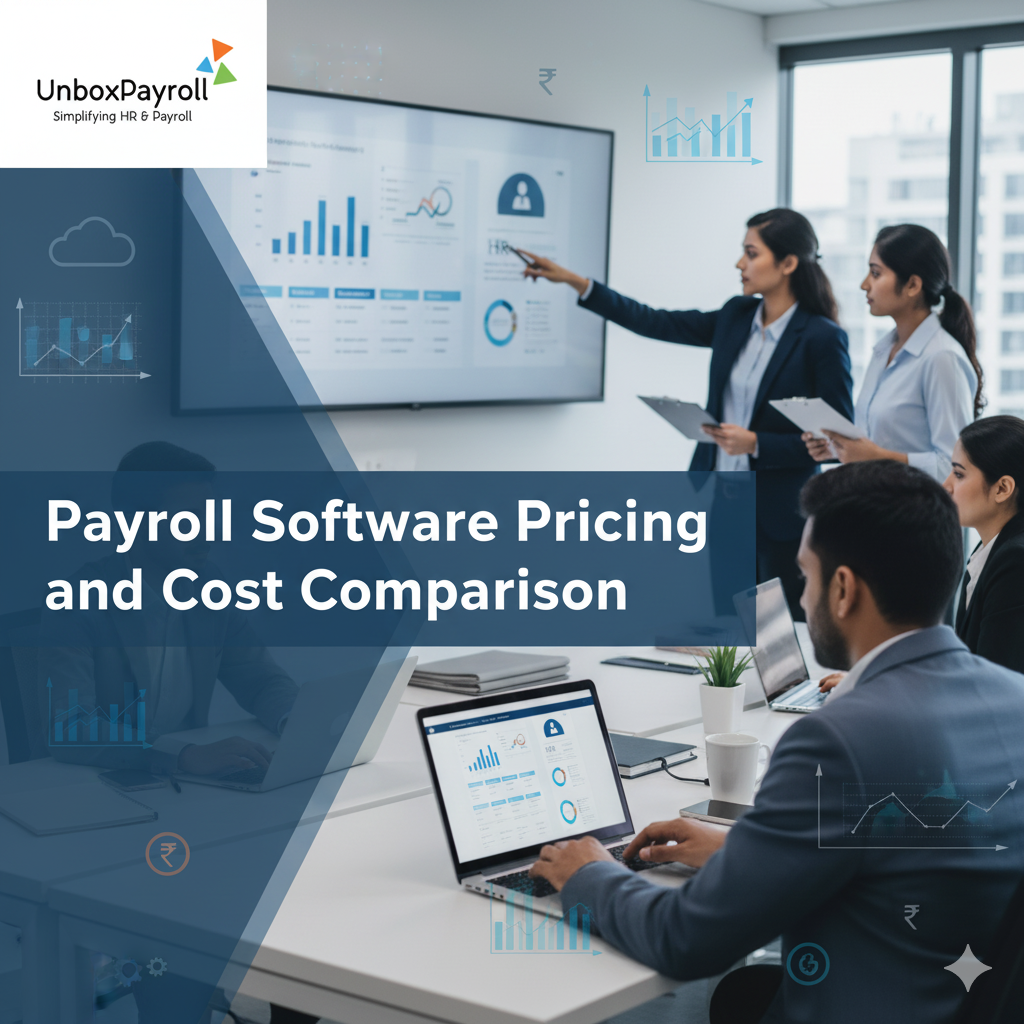Choosing the right payroll software involves evaluating not only its features but also its pricing structure. To accommodate companies of all sizes, different providers provide a range of pricing structures. Common options include subscription-based pricing, pay-per-employee-per-month, and tiered feature packages. Understanding these models helps businesses select the most cost-effective solution without sacrificing essential features.
Some providers offer flat monthly fees, making it easier to budget, while others charge based on the number of employees, ensuring scalability for growing companies. Additionally, enterprise solutions may include custom pricing, offering tailor-made packages for complex payroll requirements.
Factors Affecting the Best Payroll Price
1. Number of Employees
The cost of most payroll software is correlated with the number of employees. The overall monthly cost increases with the number of employees on payroll. For small businesses, this ensures affordability, while larger organizations benefit from volume-based discounts.
2. Features and Functionalities
Advanced capabilities like automated compliance updates, multi-currency payments, employee self-service portals, and integrated HR tools can impact the final cost. Businesses must balance required features with budget considerations.
3. Level of Customer Support
Premium customer support, including dedicated account managers and 24/7 assistance, may increase the best payroll cost, but it adds significant value for organizations with complex payroll needs.
4. Integration Capabilities
Software that integrates with HRMS, accounting systems, and attendance tools may cost more initially but provides better efficiency, eliminating the need for multiple platforms.
Comparing Payroll Software Costs
When evaluating payroll software pricing, businesses should compare multiple providers side by side. This includes looking beyond the base price to identify hidden costs such as setup fees, compliance updates, training charges, or per-payroll-run costs.
Small businesses may prefer affordable cloud-based solutions with essential features, while enterprises may opt for feature-rich platforms offering global payroll support and enterprise-level reporting.
Tips to Get the Best Payroll Cost Advantage
- Choose scalable solutions to avoid frequent software changes as your company grows.
- Better pricing stability can be achieved by negotiating long-term contracts with providers.
- Evaluate free trials and demos to ensure the software meets your exact requirements before committing.
- Avoid overpaying for unused features by selecting packages tailored to your needs.
Conclusion
Maximising return on investment requires striking the correct balance between features and the optimal payroll cost.. Businesses should compare providers carefully, assess total ownership costs, and choose a solution that delivers efficiency, accuracy, and compliance without unnecessary expenses. A well-chosen payroll system can save significant time and resources while ensuring smooth payroll operations. Know More
FAQs
- What is the average cost of payroll software?
The best payroll cost varies depending on the provider, number of employees, and features offered. Small businesses may find affordable plans with essential tools, while larger organizations may require premium solutions with advanced capabilities. - Are there hidden charges in payroll software pricing?
Yes, some providers charge more for each payroll run, setup fees, or compliance upgrades.. It’s essential to review the contract thoroughly and clarify all potential costs before making a purchase decision. - How can I reduce payroll software costs?
Businesses can reduce costs by choosing only necessary features, negotiating long-term contracts, and opting for cloud-based solutions that minimize infrastructure expenses. - Does payroll software pricing include tax compliance features?
Packages from numerous companies include automated tax compliance updates.. However, it’s important to verify this in the pricing plan to avoid unexpected add-on fees later. - Which pricing model is best for small businesses?
Small businesses often benefit from pay-per-employee-per-month models, which offer flexibility and affordability. This ensures that the best payroll price scales in line with company growth.

